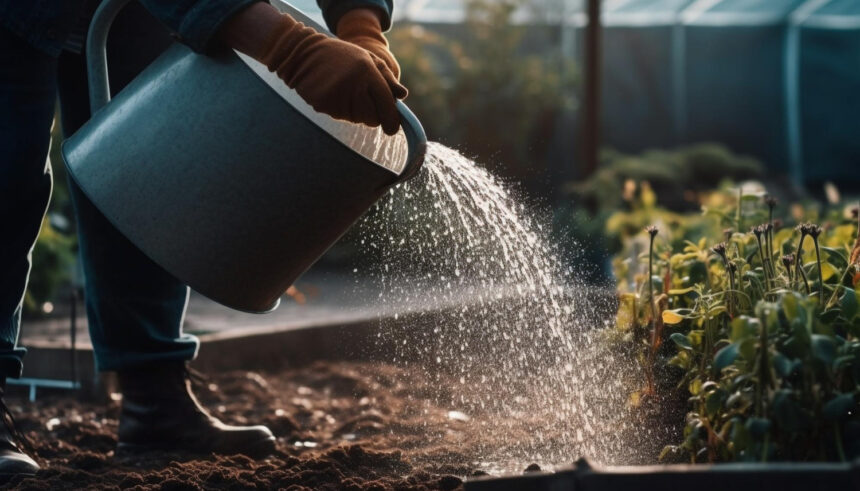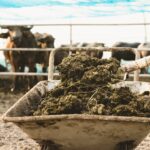Water is a precious resource in South Africa, and securing water rights is crucial for the success of farming endeavors. Understanding the intricate web of regulations and rights surrounding water usage is paramount for farmers. Here are 10 key things every South African farmer should know about water rights:
- Water Rights Ownership:
Water in South Africa is considered a national resource, and the state holds ownership of all water. Farmers can obtain water rights through permits issued by the Department of Water and Sanitation. - Types of Water Rights:
There are different types of water rights, including riparian rights (based on proximity to water sources) and non-riparian rights (acquired through permits). Knowing which type applies to your situation is crucial. - Permit Application Process:
Farmers must apply for water use permits from the Department of Water and Sanitation. The application process involves providing detailed information about the intended use, water source, and conservation measures. - Use it or Lose it Principle:
South Africa operates on a “use it or lose it” principle regarding water rights. If a farmer does not use the allocated water within a specified period, the unused portion may be reallocated. - Water Quality Considerations:
Water rights extend beyond quantity; quality is also a concern. Farmers must adhere to standards set by the Department of Water and Sanitation to ensure the quality of water discharged back into water sources. - Environmental Flows:
Water rights are subject to maintaining minimum environmental flows. These ensure that ecosystems receive enough water to sustain their health, preventing adverse impacts on the environment. - Transferability of Water Rights:
Water rights are generally not transferrable without approval. If a farmer intends to sell or lease their water rights, they must obtain permission from the relevant authorities. - Compliance and Monitoring:
Farmers are responsible for monitoring and complying with the conditions of their water use permits. Regular checks by water management authorities help ensure adherence to regulations. - Water Conservation Practices:
Implementing water conservation practices is not only environmentally responsible but can also positively influence water rights. Efficient irrigation systems and responsible water use contribute to sustainable farming. - Risk of Water Scarcity:
South Africa faces water scarcity challenges, and climate change exacerbates this issue. Farmers should be aware of potential water restrictions and proactively manage their water resources.
Water rights are a complex yet vital aspect of farming in South Africa. Farmers must navigate the regulatory landscape, understand the type of rights applicable to their situation, and actively engage in sustainable water management practices. By staying informed and compliant, farmers contribute to the responsible and equitable use of this precious resource, ensuring a sustainable future for agriculture in South Africa.
Join 'Farmers Mag' WhatsApp Channel
Get the latest Farming news and tips delivered straight to your WhatsApp
CLICK HERE TO JOIN






